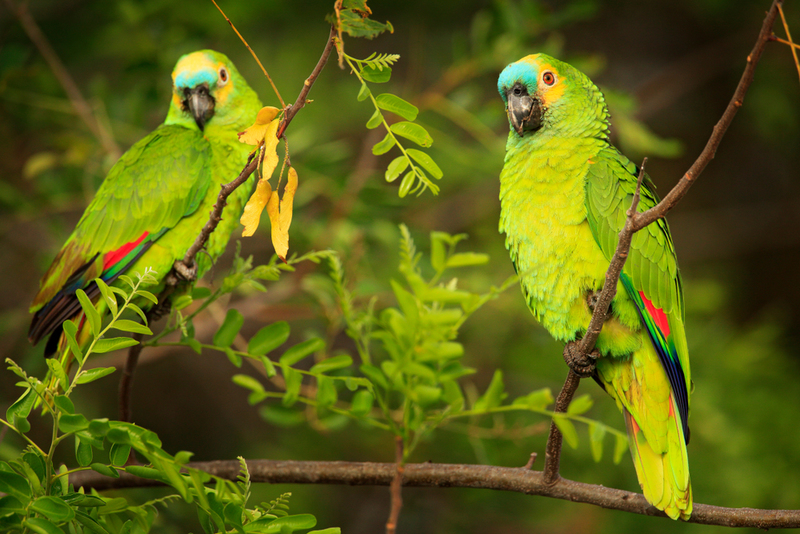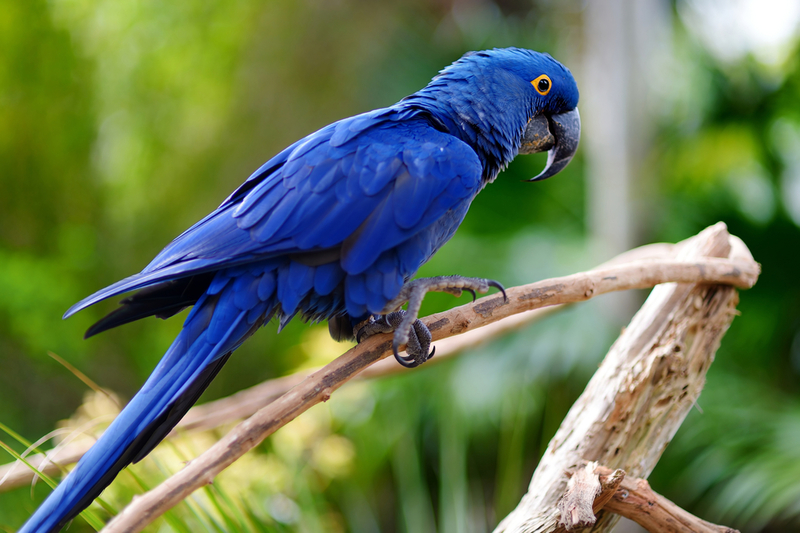Farmers are struggling to counter avian theft. In Madhya Pradesh, the parrots are going crazy for opium. Madhya Pradesh, part of the Malwa-Mewar belt, accounts for roughly 75% of India’s legitimate opium trade. Things have been a particularly challenging one for poppy growers in the region. So what is causing this headache for these farmers? Well, aside from insufficient rainfall, it’s the parrots.

Yes, you got that right—parrots. To be precise, we’re talking about fluorescent parrots which seem to be deliriously bound and determined to obtain the opium-laden milk from poppy pods.
Scientists believe that opium evokes the same effect on parrots as caffeine does on people, leading to addiction. These determined avian raiders have become experts at stealing that they have even learned to wait until the farmers have opened the poppy pods before they swoop in to swipe the crops. Opening the poppy pods speeds up the ripening process, but it also leaves the door open for parrots to make their raids.
According to poppy growers, groups of parrots can raid the fields 30 to 40 times in a single day, leading to significant crop losses. The national government requires farmers to cultivate a predetermined amount of opium in 1 year, so if these avian attacks remain unchecked, their profits will be significantly affected.

Poppy growers have already requested the government for assistance regarding their problems with parrots, but no help has yet arrived. In the meantime, the farmers are trying various countermeasures to address their problem, including what is referred to as “sonic warfare”—using fireworks and loudspeakers to dissuade the avian marauders.